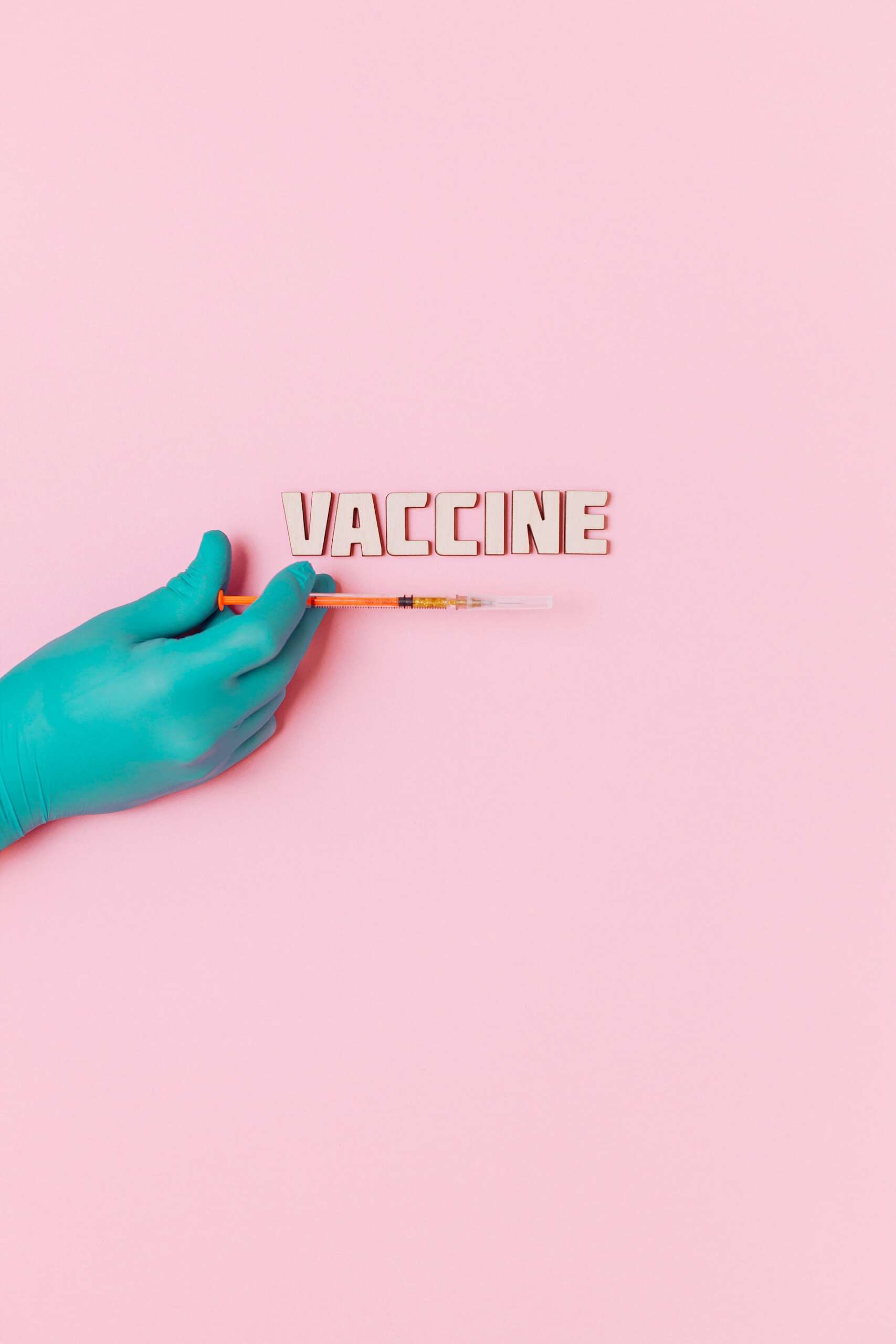Vaccines are rarely perfect, and whilst the majority of them cause very little damage, the jury is still out on others. The perfect example of this would be the HPW vaccine. There is a genetically modified virus in the vaccine, which some argue could be doing more harm than good. Let’s take a look.
Table of Contents
What is HPV?
Human papillomavirus (HPV) is a virus that can cause cervical cancer and other types of cancer in both men and women. HPV is the most common sexually transmitted infection and can be spread through skin-to-skin contact. Vaccines to protect against HPV have been available since 2006 and are recommended for both boys and girls. While these vaccines are generally safe and effective, there are some problems associated with them.
Vaccine Issues
HPV vaccines are not 100% effective. While they can provide protection against some types of HPV, they are not effective against all. This means that even if someone is vaccinated, they can still get HPV and be at risk for developing cancer.
There is a clear lack of education and awareness about HPV and vaccines. Many people are not aware of the virus or the risks associated with it, and therefore do not get vaccinated. This is particularly true for boys, who are less likely to be vaccinated than girls.
There is also a stigma associated with HPV vaccines. Many people do not want to get their children vaccinated because they think it promotes sexual activity or promiscuity. This can lead to decreased uptake of the vaccine, and therefore fewer people being protected against HPV.
Finally, the cost of HPV vaccines can be prohibitive. While some insurance companies may cover the cost, many people cannot afford the vaccines. This means that those who cannot afford the vaccine are at greater risk of getting HPV and developing cancer.
What The CDC Says
Taken from the CDC website, here is what they suggest with regard to getting the HPV vaccine.
“CDC recommends HPV vaccination for all boys and girls at ages 11-12 to protect against HPV-related infections and cancers. Anyone starting the series before the age of 15 should receive two doses of HPV vaccine, with at least six months between the first and second doses. Adolescents who receive the two doses less than five months apart will require a third dose of HPV vaccine.
CDC recommends HPV vaccination for everyone through age 26 years, if not vaccinated already. Teens and young adults who start the series at ages 15 through 26 years still need three doses of HPV vaccine. Three doses are also recommended for people with certain immunocompromising conditions ages 9 through 26 years.”
Summing Up
Overall, HPV vaccines are a safe and effective way to protect against HPV and associated cancers. However, there are some problems associated with them, including lack of education and awareness, stigma, and cost. It is important to address these issues in order to ensure that everyone has access to the vaccine and is protected against HPV.


